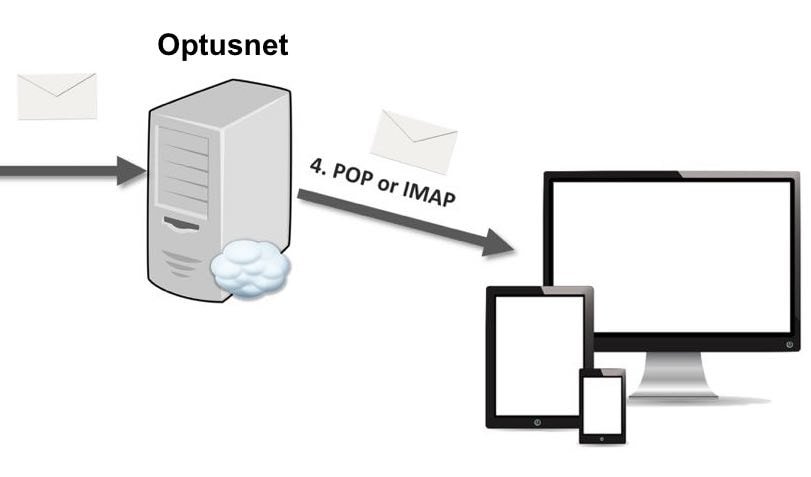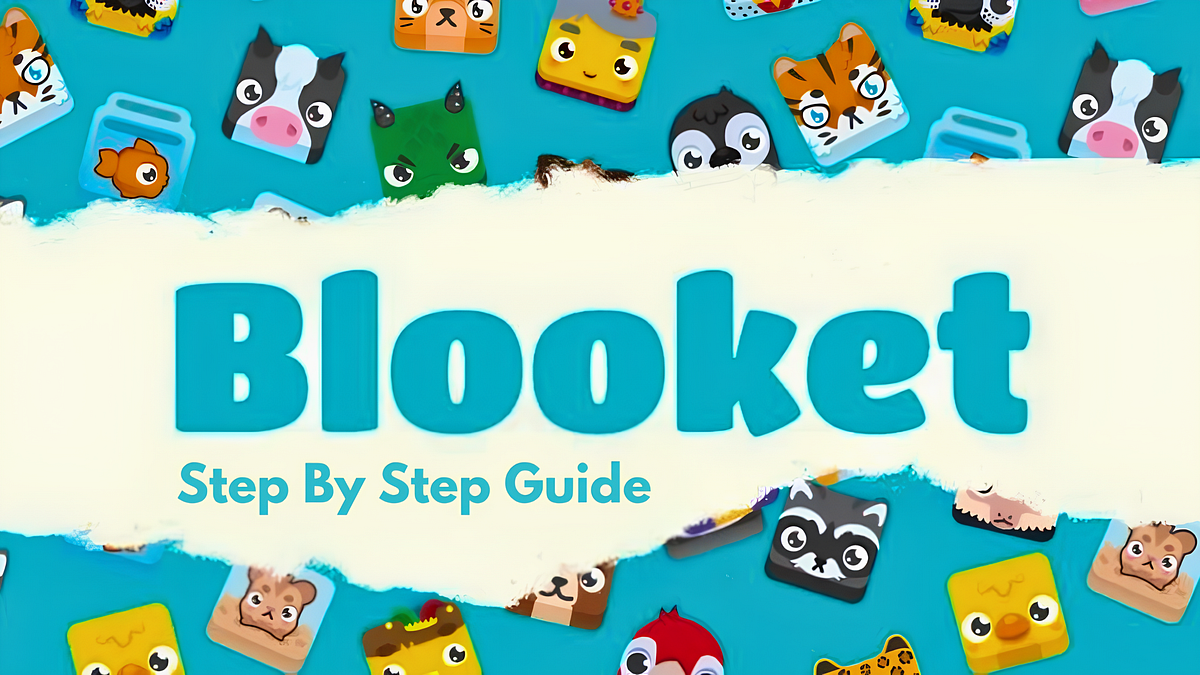In the current speedy digital era, education e learning has emerged as a well-liked approach to education. E-learning is electronic learning that employs technology to provide educational resources and training. With the growing use of mobile devices such as smartphones and tablets and increased internet usage, accessing e-learning materials has become easier than ever before. This write-up delves into how e-learning transforms education by highlighting its benefits for educators and learners alike.
Flexibility and Convenience
The emergence of e-learning has significantly improved the convenience and flexibility of delivering education. This technology-enabled learning mode allows learners to access educational content from any location at their preferred time without scheduling conflicts. Such an approach is highly beneficial for those who face challenges attending traditional classrooms due to work, health, or family commitments.
For instance, someone working full-time can take an e-learning course during weekends or evenings. Moreover, it provides opportunities for learners who cannot attend physical classes for various reasons, such as accessibility issues. Therefore, the adaptability and ease offered by this method make it a popular choice among different types of students seeking quality education remotely.
Cost-Effectiveness
E-learning is an affordable substitute for conventional education. Unlike traditional learning, e-learning removes the necessity of expenses like textbooks, travel, and lodging, making it a more cost-effective choice for students. Additionally, educational institutions can save costs by reducing their dependence on physical classrooms and teachers through e-learning.
This could result in reduced tuition fees and better education access for learners with limited financial resources. E-learning also enables learners to bypass the opportunity cost associated with taking leave from work to attend classes making it a practical and economical option that many people can consider.
Personalized Learning
With the help of e-learning, learners can customize their learning experience according to their interests and needs. They have complete control over how fast or slow they progress through the course material and the format in which it is presented – audio, video, or interactive content. Personalized e-learning positively impacts student engagement and improves overall learning outcomes by providing tailored resources that match each individual’s abilities and preferences. This leads to better knowledge retention and a more enjoyable educational journey for everyone involved.
Collaborative Learning
E-learning promotes collaborative learning by providing opportunities for learners to engage with instructors and peers. Collaborative learning facilitates knowledge sharing while enhancing critical thinking skills and communication abilities.
It allows students to gain diverse perspectives and share personal insights while benefiting from each other’s experiences by working together. Through e-learning platforms, communication tools such as video conferencing, chat rooms, and forums are available to foster teamwork in group discussions and projects.
Accessibility
E-learning can enhance the accessibility of education for learners who have disabilities or are situated in remote regions. By eliminating geographical barriers, e-learning has the potential to broaden educational and training options for people who would otherwise be excluded from traditional educational systems.
It is possible to create courses that cater to diverse learning styles and needs, such as closed captioning for individuals with hearing impairments or braille alternatives for those with visual impairments. Additionally, e-learning presents better educational opportunities for underprivileged communities that lack access to conventional classrooms.
Conclusion
To sum up, e-learning has gained popularity as an adaptable and cost-efficient method of delivering education that offers customized and collaborative learning experiences while enhancing accessibility. The e learning development for education promises to revolutionize education by providing equitable educational opportunities for marginalized communities, especially those with disabilities or in distant locations.
To optimize learner engagement and outcomes, it is essential to design e-learning courses catering to diverse learning styles and accessibility requirements. Given its potential for a positive impact on education, further exploration into the possibilities offered by e-learning seems warranted.




